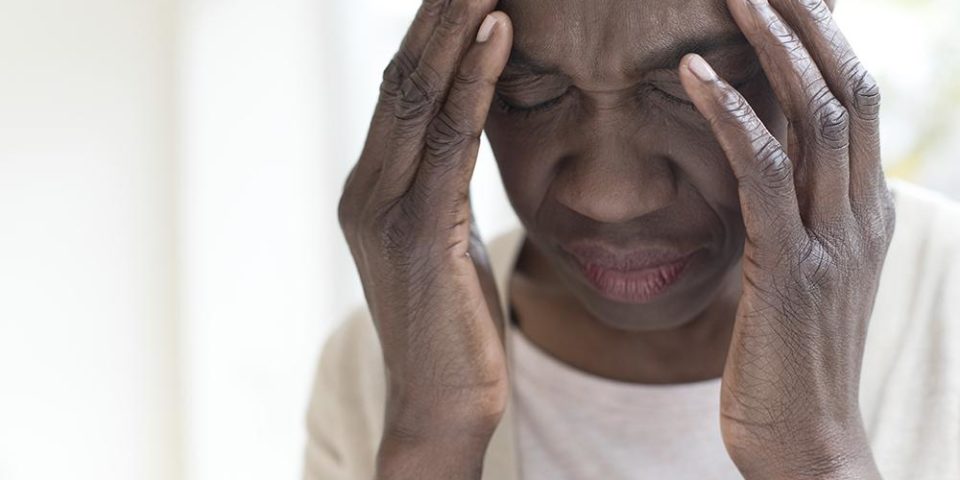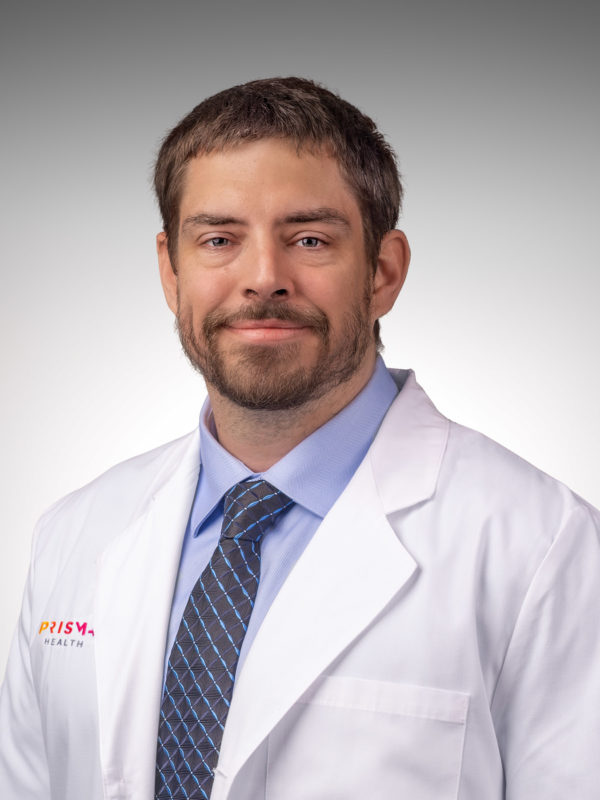Stroke and heart attack symptoms you should not ignore, even during a coronavirus outbreak
Worries about getting sick from the COVID-19 coronavirus are causing many people to keep their distance, even when they need medical care for chronic conditions or emergencies such as strokes and heart attacks.
“We are seeing a radical reduction in the number of patients seeking help and many patients aren’t coming into the hospital,” said neurologist Forrest Lowe, MD. “As such, people are coming in too late for adequate treatment, sometimes resulting in death or severe disability.”
Dr. Lowe explained which symptoms to look for and why you shouldn’t hesitate to call 911.
Stroke symptoms
Dr. Lowe said to “BE FAST” if you see any of these warning signs:
- B – balance: if you have trouble balancing or are dizzy
- E – eyes: trouble with vision or a sudden onset of vision trouble in one eye or both eyes
- F – facial drooping
- A – arm and leg weakness
- S – speech or language trouble
- T – time to call 911
“The sudden onset of a severe headache can also be a sign of a stroke, specifically a hemorrhagic stroke, and you should seek medical attention urgently,” he said.
Whenever a stroke occurs, approximately 2 million neurons are at risk and waiting can result in severe disability.
“Every minute matters so don’t delay if you have any of these symptoms,” said Dr. Lowe. “Even if it improves and you think maybe you can seek treatment later, I would suggest you still call 911. It could be a sign of something more serious.”
He said it’s important for patients to recognize their symptoms and come in. “Stroke is a treatable disease, and we have the measures to prevent the spread of COVID-19 at the same time we begin appropriate stroke treatments.”
Heart attack symptoms
Symptoms of a heart attack also need fast action, so it’s important to know the signs. Call 911 if you notice any of these common symptoms of a heart attack:
- Chest pressure or squeezing, aching or burning
- Shortness of breath
- Back pain
- Nausea
- Anxiety
- Excessive fatigue
- Jaw pain
- Pain that travels down one or both arms
- Feeling of fullness
“You can experience any or all of these symptoms. When they start, they may be mild or come and go, but over time the symptoms and pain will increase,” he said.
If you have a chronic condition, such as heart disease, Dr. Lowe said it’s important to continue with your regular care.
“Whenever symptoms change or worsen, it is time to seek medical care. Many of our practices are providing telehealth visits and visits over the phone. They are ready to help you. If there are any changes to your medical condition, reach out to those practices.
“Doing your part to reduce the spread of coronavirus does not mean you should not seek prompt medical care, especially for symptoms that could signal a medical emergency. We are ready to care for you if you need it,” he said.
Prisma Health Stroke Center
Time is critical when it comes to a stroke. Our team is on-site 24/7, with a multidisciplinary program of care and leading-edge approach for stroke patients.
Learn More

